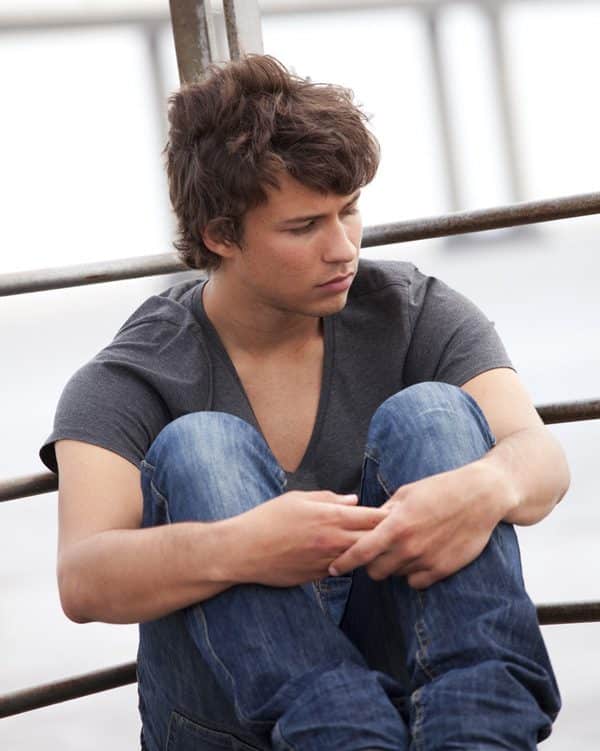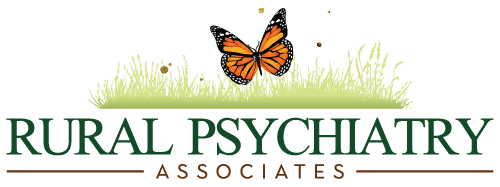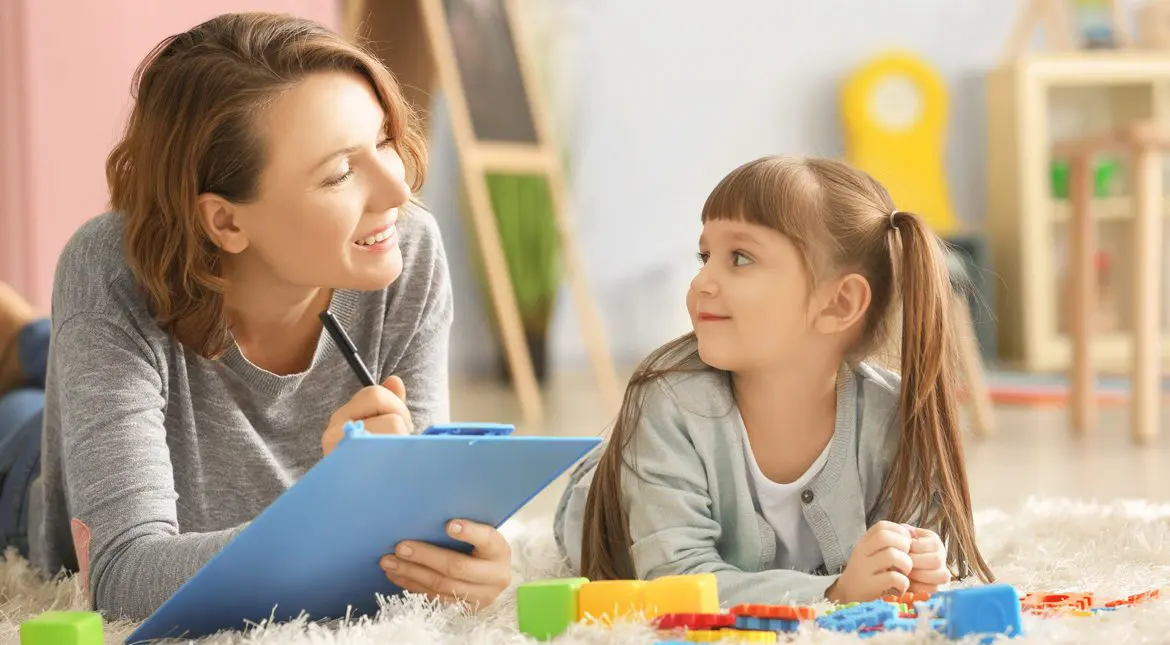It’s hard to watch a child struggle, whether it’s socially, behaviorally, or emotionally. This is especially true for parents, guardians, or loved ones who may be concerned about the mental health and wellbeing of a child in their life. Because young or adolescent children have a unique perspective that may prevent them from knowing how to articulate their feelings, it can be challenging to know the best way to help these individuals. But child and adolescent psychiatry has evolved in recent years, and fortunately, there are solutions. At Rural Psychiatry Associates, we understand that every patient is different. Our board-certified and licensed professionals bring a caring, tailored approach to each patient we treat, from children and adolescents to adults and geriatrics.
Different Approaches for Different Challenges
It’s important to keep in mind that psychiatric patients may experience some of the same illnesses but in different ways, especially when it comes to children and adolescents. Anxiety, trauma, attention-deficit/hyperactivity disorder, and depression are just a few of the challenges that may afflict both adults and children; however, the way in which they experience and work through these varies greatly depending on their current stage of life.
A young or adolescent child might have difficulty maintaining interest in a given activity or topic, or might be focused on one thing to the exclusion of everything – and everyone – else. A child might express him- or herself with a temper tantrum or, alternatively, completely shut down emotionally. Young people simply have not had the opportunity to gain the perspective of an adult and, if left unresolved, these tendencies could continue into adulthood. The goal in treatment of the child or adolescent is to help them find emotional balance. This tends to be more easily accomplished with early treatment.
At Rural Psychiatry Associates, we meet patients where they are, developmentally, to provide individualized care and treatment, with consideration given to the patient’s age.

Family Influence
One of the most notable differences between psychiatric treatment of children and adults is that adults often initiate their own participation.
Adults typically have a sense of self-awareness, while young or adolescent children, on the other hand, often lack the same frame of reference, which they have not yet acquired through life experience. For this reason, younger individuals may rely more heavily on parents, teachers, and other adults who interact with the child on a regular basis to identify whether the child is struggling developmentally, emotionally, or mentally. The child’s family are responsible for arranging treatment, and they are likely to continue to be influential throughout the child’s treatment.
Critical Time Frame
Another way in which psychiatry for children and adolescents differs from adult psychiatry is the consideration of how these younger individuals respond to stress and participate in treatment. Depending on the patient’s circumstances or age, they may not have the reference points gained with maturity to fully comprehend the scope of any given mental illness or why they are in treatment.
However, because children’s developing minds may be more open to new ideas, there is an excellent opportunity to make a significant impact at this stage. No matter the age of the child, it is never too early to seek professional help and consider potential treatment options to help address any concerns that may be noticed.
The psychiatric treatment of children may begin with a more observational assessment of the child’s behaviors. Seeing how he or she behaves when least inhibited may yield clues as to the best path forward. Once a course of action has been determined, there is a greater chance to influence the child’s mind and help him or her to manage any mental health challenges in adult life.
Professional Help
If you are concerned with the mental health and wellbeing of a child in your life, seeking professional help is the first step toward supporting your loved one. At Rural Psychiatry Associates, we provide diagnosis and treatment services for a wide range of mental health needs for children and adolescents. With the help of a professional team, we can offer supportive care services to your child that are specialized to their needs and help them on their path to success.
Contact our team today and request an appointment to get started.


